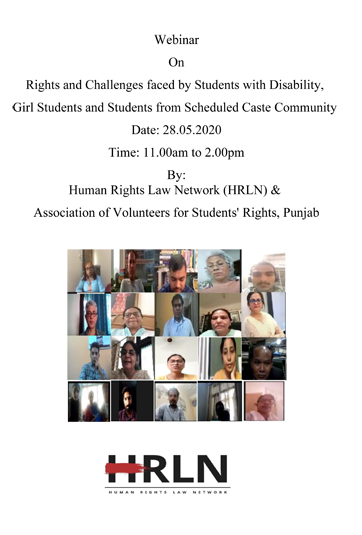
Rights and Challenges faced by Students with Disability, Girl Students and Students from Scheduled Caste Community
"Without inclusive and equitable quality education and lifelong opportunities for all, countries will not succeed in breaking the cycle of poverty that is leaving millions of children, youth and adults behind. We will not succeed in mitigating climate change, adapting to the technological revolution, let alone achieve gender equality," Audrey Azoulay, General Director of UNESCO, pronounced this quote on January 24, 2019. It was part of her speech for the International Day of Education.
Since 1948, the Universal Declaration of Human Rights stipulates that all people have the right to access education. But nowadays, many challenges prevent this from being achieved. A global problem, for example, is the exclusion of vulnerable groups from education. To try to reduce this exclusion, countries have come up with multiple proposals. One of them has been to increase the educational budget explicitly destined to support vulnerable populations. The Observatory of Educational Innovation analyzed what happened after a measure like this has been implemented in countries with different profiles. Most of the cases have been successful and, others had some points to improve.
Gaps in access to Education
Gaps in access to education for vulnerable groups are a common challenge for all countries around the world. The issue is current, relevant and multi-factorial. Access to education should not be affected by circumstances beyond the control of individuals, such as gender, place of birth, ethnicity, religion, language, income or disability. Beyond the fundamental importance of universally guaranteeing Human Rights, there is evidence linked to the human capital theory and returns on investment in education that has shown that increased educational attainment is associated with higher personal earnings, reduced poverty and higher growth rates of national income.